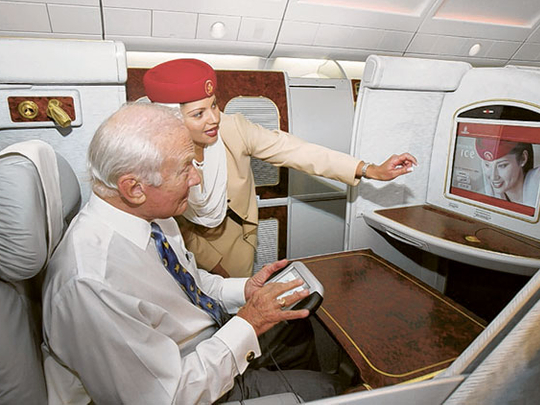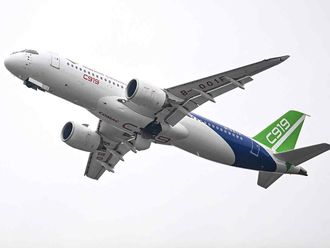
Abu Dhabi: Governments and commercial ventures should look beyond immediate profit margins if they want to achieve beneficial and successful space exploration, former American astronaut, Buzz Aldrin, has said.
He was giving a keynote at the Global Aerospace Summit in Abu Dhabi on Tuesday.
One of the first men to land on moon, Aldrin said that the John F. Kennedy administration of the 1960s did not make a profit off the 1969 moon landing.
However, he said the technologies, innovation and research that came out of first lunar landing was invaluable. Aldrin pointed at the development of mobile phones and televisions.
He said that it is now time for a world leader to set out a clear policy for the future of space exploration.
He also said that the US Congress no longer financially supports the country’s space programme because the government has a clear policy.
Historically, space programmes have been dominated by the US and Russian governments. However, there has been a drop in funding in recent years.
Emerging, dominant markets have begun investing in their own space programmes, including India and China. Both countries have seen billions of dollars invested in their aerospace sectors in recent years.
On China, Aldrin said that the US cannot ignore the growth and potential of their space industry.
“We need to re-invite China to participate,” he said.
Unified vision
He added that a unified space vision, that involves a number of countries and is cross-industry, would be the driver of growth in the aerospace industry.
“No single country can achieve it alone,” Aldrin said, adding that a single global space vision will be a catalyst for developments in science, defence and security and education.












